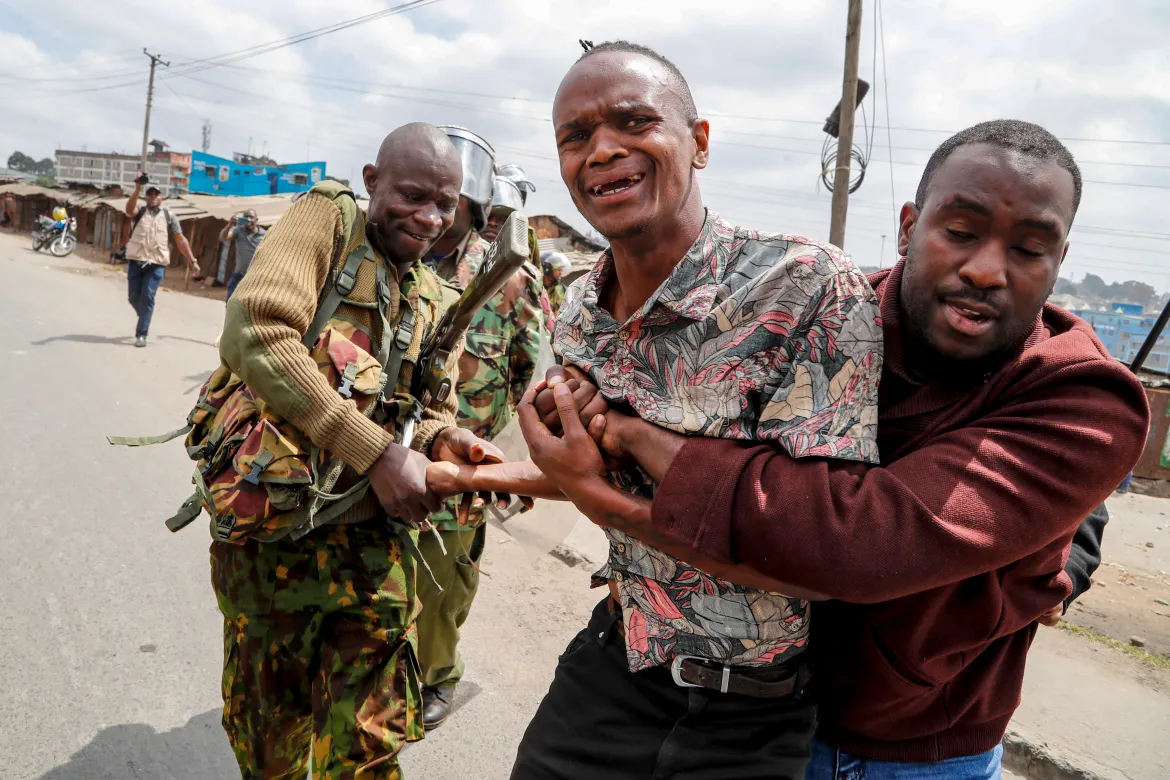The police in Kenya have banned protests in the capital, Nairobi, and surrounding areas “until further notice”, citing their leaderless nature that has made it difficult to enforce safety.
This is coming following weeks of deadly anti-government protests which has led to the death of about 50 persons.
The capital has been the heart of the youth-led protests, which has echoed across the country.
At the onset, it was demonstrations against an unpopular hike in tax, however, after it was withdrawn, the protests have taken wider dimensions including requests for President William Ruto to step down.
Many citizens planned more protests for Thursday, most of the messages online called people to gather at Uhuru Park in the city centre. They are expected to march to State House, the president’s official residence.

Late Wednesday, the police said, “No demonstrations will be permitted in the Nairobi Central Business District and its surroundings until further notice to ensure public safety”.
The embargo caused online outrage online with many arguing that the police do not have such powers, as Kenyan law gives citizens the right to protest.
Ahead of the anticipated protest, several spots in the capital have a heavy police presence.
Acting head of police Douglas Kanja said in a statement that the decision was taken after receiving “credible intelligence that organised criminal groups are planning to take advantage of the ongoing protests”.
“Criminals have continued to infiltrate the protesting groups, resulting in a troubling trend of disorderly and destructive conduct,” it said.
It added that its decision had also been informed by “the lack of designated leadership in previous demonstrations” that had “made it difficult to enforce safety protocols”.
The president caved in to some of the protester’s demands, including dropping the contentious finance bill and sacking his entire cabinet. The Police Boss also resigned.


